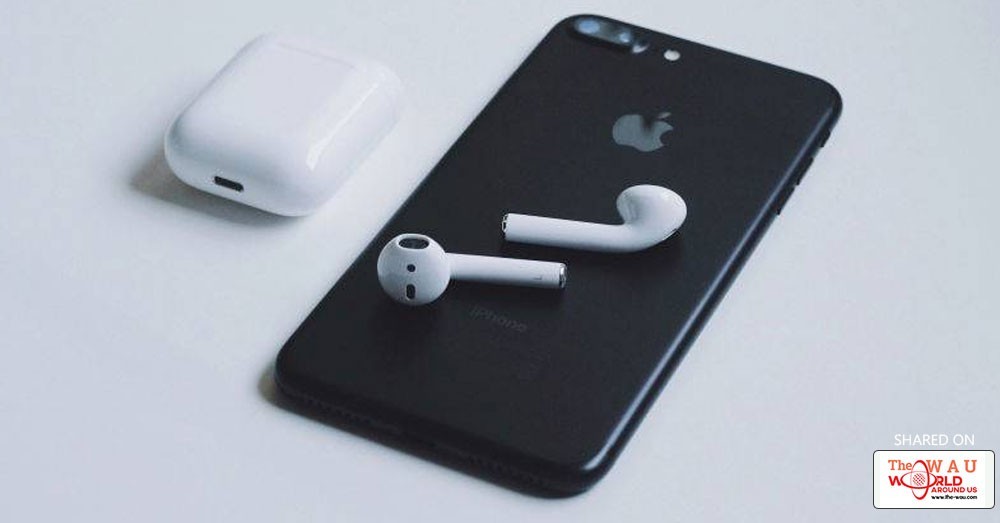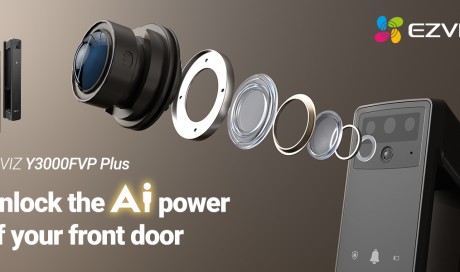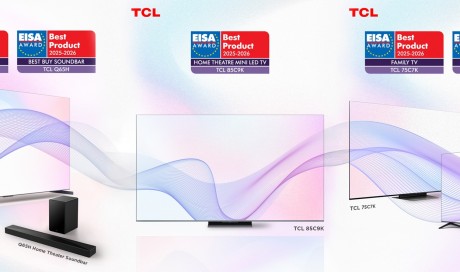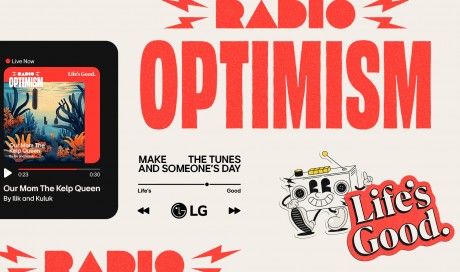The Wall Street Journal has reported that Apple will announce the iPhone 8 as early as September 12, and while that gives you just enough time to ditch your old device and scrounge up some cash to pay for the new one, Apple's been pretty secretive (duh) about what the new iPhone 8 will actually do. Luckily, leaks from third-party accessory manufacturers and hints inside Apple's own iOS 11 operating system give us a pretty good idea of what to expect.
Here's what we know so far:
The New iPhone 8 Will Be Pricey
Not that iPhones haven't always been expensive, but the next model is poised to take price-gouging to the next level. The iPhone 8 is rumored to start at the $1,000 mark , a price point previously unheard of in smartphones ( unless you count Vertu ). And of course, add-ons like increased storage will cost you even more. Despite the deep pockets needed to get the latest phone, a recent Fluent survey shows people may be willing to bite the bullet and make the purchase. 70% of iPhone owners said they wouldn't switch phone brands, making it a lot more likely people will buy the high-priced device simply because change is hard.
It may also be a bit disingenuous to think Apple expects its loyal users to drop a grand on day one, considering all the ways you can get a phone without paying full price. Apple currently has its iPhone Upgrade Program , which nets you a new iPhone (complete with Applecare+) every year on whichever carrier you prefer, starting at $32 per month. Pricing is based on phone size as well as its storage capacity. You could, of course, purchase your device from your wireless carrier, which usually offers some kind of payment plan option when you purchase or upgrade your device. AT&T and T-Mobile have upgrade programs similar to Apple's own leasing service, and will let you upgrade your device after you've made a certain amount of payments. All three options require you to return your current device to exchange it for the newer model.
Goodbye, Home Button
The current home button on the iPhone 7 isn't exactly a "button." It's a pressure-sensitive sensor with a "taptic engine" that simulates the feeling of a pushed button. While many Android phones have ditched physical home buttons already, they usually include an on-screen version at the bottom of the display. Whether you love it or hate it, the iPhone 8 may eschew buttons both real and fake altogether in favor of a different method of navigation.
According to Bloomberg , you'll move around your iPhone 8 with the help of gesture controls and a new dock at the bottom of the phone's screen. It'll be similar to the dock shown on the iPad in iOS 11. No button means no more TouchID, but the company's using facial recognition technology to replace the identity verification and purchasing tool-more on that below.
Get Ready for Facial Recognition
Without a home button and its phone-unlocking TouchID feature, you'll need another way to get inside the thing without entering a 6-digit password each time you pick it up. Apple's reportedly worked facial recognition technology in at the top of the phone (presumably the reason it has a small screen cutout there). In addition, developers uncovered various references to facial recognition technology, including evidence describing different facial expressions the phone may be able to recognize, according to The Verge .
The facial recognition feature will also rely on infrared tech to scan faces in the dark, perfect for tweeting in bed. Not everyone is a fan of the new feature, especially if it means your iPhone is always looking or listening. That's a potentially huge privacy issue should hackers take advantage.
Finally, Wireless Charging
Wireless charging is a pretty convenient way to power your phone, especially if you're too lazy (or drunk) to bother plugging your phone in. Wireless charging uses magnetic coils built into the phone and charging pad to create an electromagnetic field and generate a current that charges your phone. A variety of high-end Android phones, like the Samsung Galaxy S8, support wireless induction charging, and with certain third-party cases you can add the same functionality to your current iPhone.
The iPhone 8 will reportedly include wireless inductive charging, though it's unclear whether the phone will work with current wireless chargers on the market. It's not a huge surprise, considering Apple joined the Wireless Power Consortium , a group comprised of multiple companies who support the advancement of wireless charging, in February. The Apple Watch supports wireless charging through the consortium's Qi charging standard, but is incompatible with other existing wireless chargers. Let's hope Apple doesn't pull this again with its new phone.
Different Screen, Same Size
Apple has been incrementally increasing the size of iPhone screens iPhone 8 will have an OLED screen larger than the 5.5-inch display on the iPhone 7 Plus, despite being the size of an iPhone 7. The new display's OLED technology will showcase darker blacks and more vibrant colors compared to the current iPhone's backlit Retina LCD. To accommodate the extra facial recognition sensors, the top of the screen features a small cutout in the middle , with the screen continuing on either side to display information like battery life or cellular reception.
The iPhone 8 is clearly poised to be a high-end smartphone, considering its thousand-dollar price point. And the device's announcement will most likely be paired with the announcement of updated iPhone 7 and 7 Plus models , traditionally branded as "S" devices to indicate the hardware revision.
Either way, if you're planning to upgrade your phone, you should probably wait a few weeks while they iron out the manufacturing kinks in the iPhone 8, and to avoid getting caught up in the initial scrum of buyers clamoring for new phones.
Share This Post















